Posted on May 22, 2024 by Eric Blair -
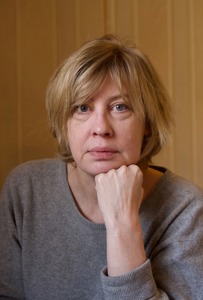
Wendell Steavenson is a writer and journalist. She has written for The Guardian, the Financial Times, Granta, and The New Yorker, among other publications, and is the author of three nonfiction books and two novels. Over the past two years, she has reported from Ukraine as well as Georgia and Israel Palestine for 1843 magazine. She was a Neiman Fellow in 2014 and a Guggenheim Fellow in 2021. Her book Circling the Square was shortlisted for the Orwell Prize for Books in 2016.
Her shortlisted pieces are:
We were struck by the commitment and versatility of Wendell Steavenson who contributed two forceful and stark dispatches from the Ukraine before pivoting after October 7th to the Gaza conflict and producing a meticulous account of an attack on a kibbutz which is – irrespective of one’s position – unarguably an outstanding piece of reporting. Good prose is like a windowpane, Orwell wrote, and Steavenson’s is admirably clear.
– Janice Gibson, Chair of Judges, The Orwell Prize for Journalism 2024
Posted on May 22, 2024 by Eric Blair -
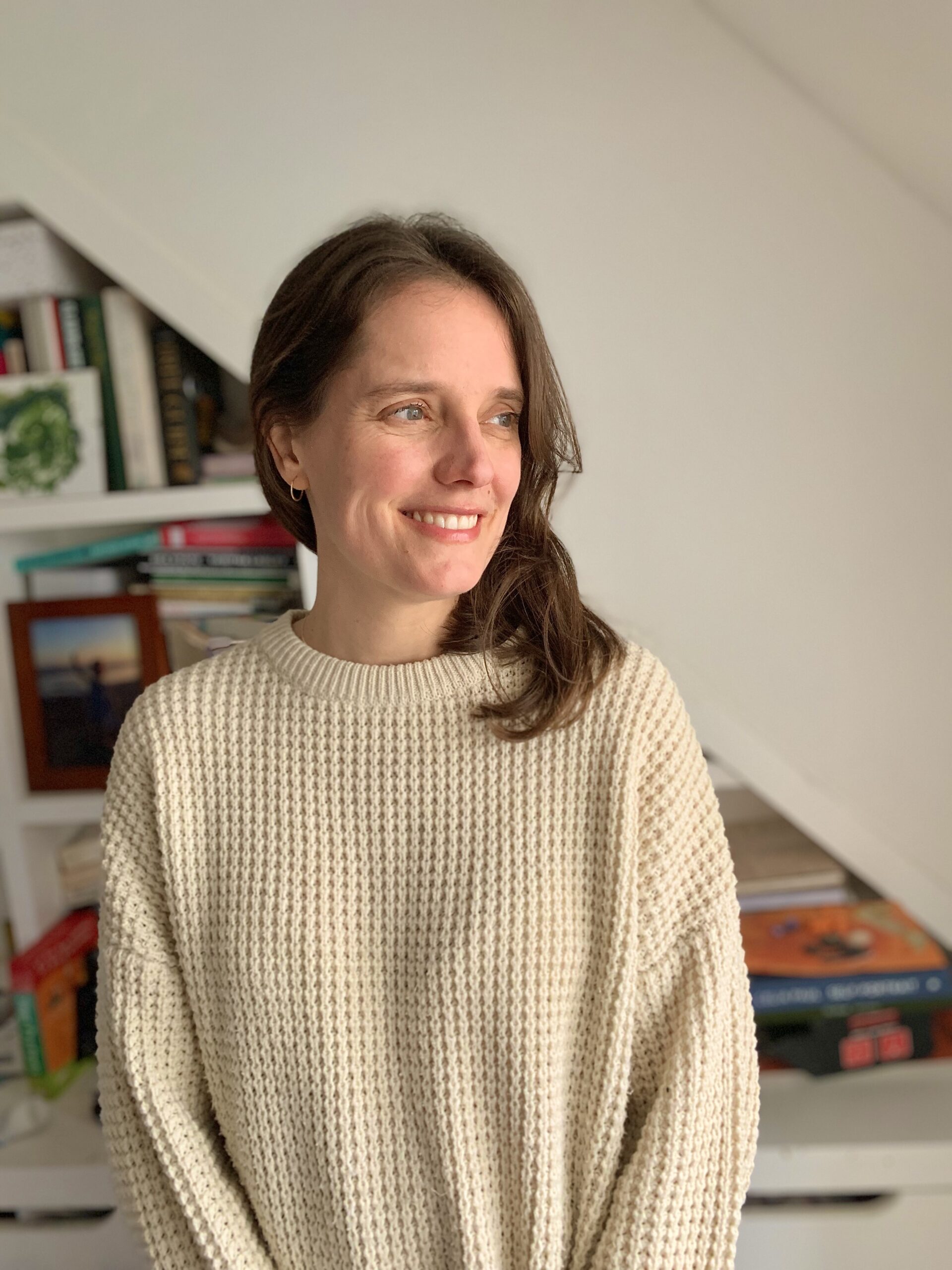
Sophie Elmhirst writes regularly for the Guardian Long Read and the Economist’s 1843 Magazine. She has also written for The New Yorker online, the New York Times, The Gentlewoman, Harper’s Bazaar, The Fence, Tortoise and other publications. Her first book, Maurice and Maralyn – a narrative non-fiction account of a couple shipwrecked in the Pacific Ocean in 1973 – was published by Chatto & Windus earlier this year.
Her shortlisted pieces are:
The panel felt Sophie’s approach to telling stories through the intensely moving prism of individual experiences conveyed larger truths. With a range of subjects which touch everyone’s lives, her writing is vibrant and real.
– Janice Gibson, 2024 Orwell Prize for Journalism chair
Posted on May 22, 2024 by Eric Blair -

Nicolas Pelham is the Middle East correspondent for The Economist and its sister publication, 1843 magazine. Postings across the region include Baghdad, Cairo, Damascus, Jerusalem and Rabat. He is the author of A New Muslim Order, A History of the Middle East with Peter Mansfield, and Holy Lands which explores the region’s pluralist past. He has consulted for the United Nations on Gaza’s tunnel economy and is a former senior analyst for the International Crisis Group. He speaks Arabic and Hebrew and is struggling with Farsi.
Nicolas’ shortlisted pieces are:
Posted on May 22, 2024 by Eric Blair -

Kavita Puri is a multi award-winning journalist, broadcaster and author. She is the creator and presenter of the series Three Million for BBC Radio 4 and BBC World Service. The series producer is Ant Adeane and the editor is Emma Rippon. The podcast pieces together – for the first time – one of the darkest periods in our colonial past that took place in the middle of World War Two. Around three million Indians, who were British subjects, died in the 1943 Bengal famine. It’s one of the largest losses of civilian lives on the Allied side but is not remembered with a memorial or even a plaque anywhere in the world today. This complex, and fraught history is told through extraordinary eyewitness and survivor accounts, that have never been broadcast before.
Kavita’s shortlisted pieces are:
This podcast on the Bengal Famine feels like a real passion project: Puri has collected voices from the few remaining people alive who remember that time, and skilfully interwoven these interviews with archive interviews. She conjures up a lost world of imperial privilege and terrible decisions, bringing in multiple voices without the narrative ever feeling cluttered.
– Helen Lewis, 2024 Orwell Prize for Journalism judge
Posted on May 22, 2024 by Eric Blair -

James Meek is a novelist and journalist living in London. He is a contributing editor to the London Review of Books. His novel The People’s Act of Love was nominated for the Booker Prize. He was named Foreign Correspondent of the Year in the British Press Awards. His book of essays about privatisation, Private Island, won the Orwell Prize.
James Meek’s shortlisted pieces are:
James Meek writes forcefully and elegantly, with an exquisite eye for detail. He is a fearless reporter who always finds fresh angles and telling images. His description of the “video war” in Ukraine, for example, approaches this well-covered conflict from a distinctive and illuminating perspective.
– Helen Lewis, 2024 Orwell Prize for Journalism judge
Posted on May 22, 2024 by Eric Blair -

Heidi Blake is a staff writer at The New Yorker, having previously worked as an investigative reporter and editor at BuzzFeed News, The Sunday Times and The Daily Telegraph. She is the author of From Russia with Blood: The Kremlin’s Ruthless Assassination Program and Vladimir Putin’s Secret War on the West, based on an investigation that was a Pulitzer finalist and won I.R.E.’s Tom Renner Award in 2018. She is also the co-author of The Ugly Game: The Corruption of FIFA and the Qatari Plot to Buy the World Cup, drawing on hundreds of millions of documents leaked from inside FIFA.
Her shortlisted pieces are:
Heidi Blake’s accounts of the ordeals of middle eastern princesses are superb pieces of writing. She brings together previously known and new evidence to set out accounts that are both detailed and pacey. These are serious pieces of work but also gripping reads.
– David Gauke, 2024 Orwell Prize for Journalism judge
Posted on May 22, 2024 by Eric Blair -
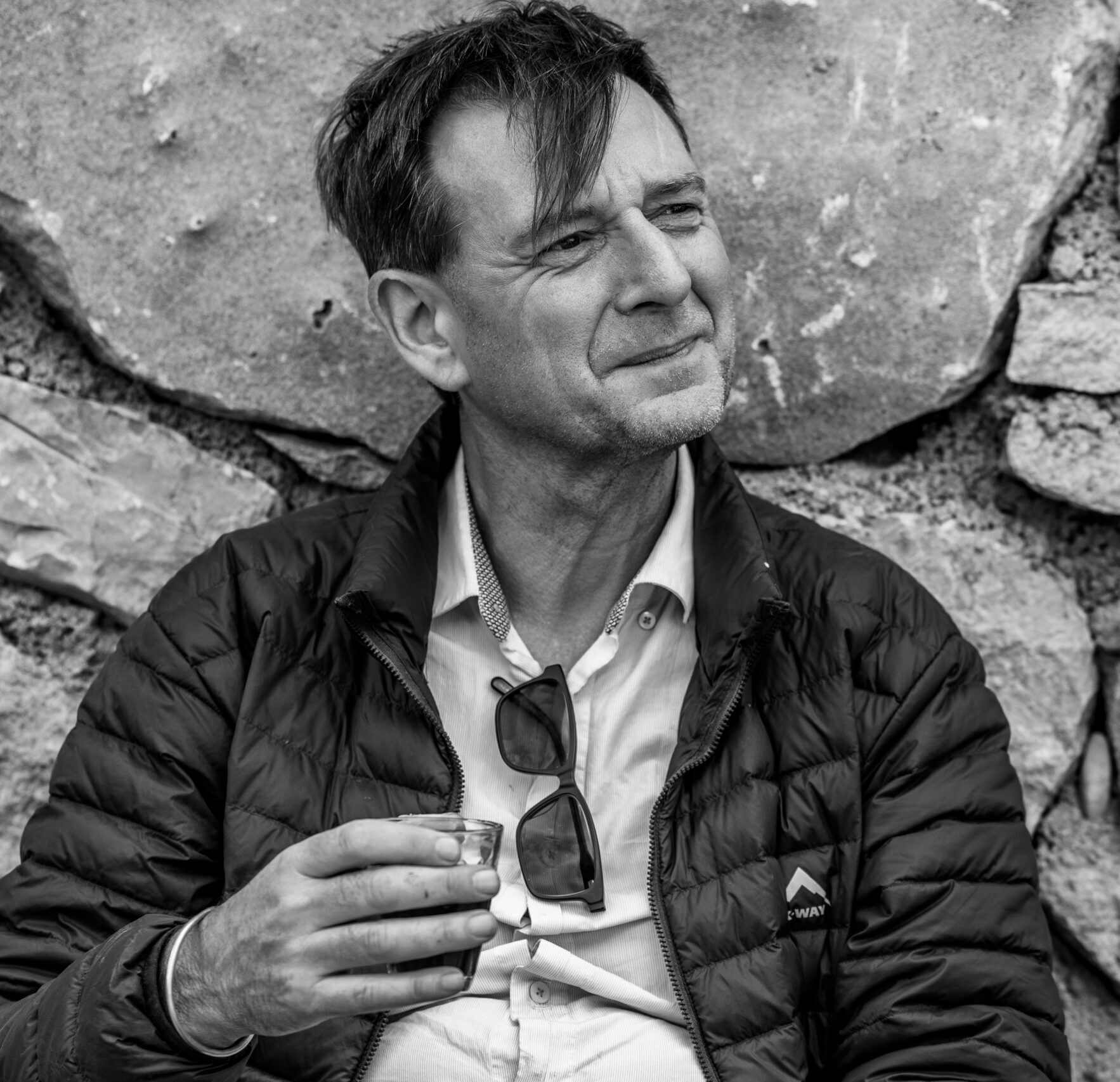
David Pilling has been a correspondent for the Financial Times for 30 years with postings in the UK, Chile, Argentina, Japan and Hong Kong, where he served as Asia Editor. He writes columns, news and features on a wide range of topics, often at the intersection of business, politics and public policy, but he also strays regularly into art and culture. He tries, as much as possible, to get the voices of marginalised people into the pages of the Financial Times. He is currently the FT’s Africa Editor.
His shortlisted pieces are:
David Pilling’s compelling stories of the young Africans recruited from across the continent to sift through the worst of the internet as content moderators for Meta forces us to confront the harms that are outsourced to keep us safe. His work helps to expose the social injustices at the digital coalface, but also shows us the resilience and resourcefulness of those fighting back.
– Yuen Chan, 2024 Orwell Prize for Journalism judge
Posted on May 22, 2024 by Eric Blair -

Daniel De Simone is an investigations correspondent for BBC News, where he researches stories involving injustice, crime, and violent extremism. Recent investigations include the racist murder of Stephen Lawrence, which has led to a recently announced official review of the case by an independent police force, and an abusive MI5 agent, a story the government tried to stop by taking the BBC to court. Daniel previously worked as a producer in the BBC’s home affairs team.
His shortlisted pieces are:
The tragic murder of Stephen Lawrence and the subsequent bungling of the police investigation is a story that has received plenty of coverage over many years but Daniel De Simone’s investigatory work has provided a genuine revelation. The naming of a new suspect in Stephen Lawrence’s murder is as a direct result of De Simone’s work is investigative journalism at its best.
– David Gauke, 2024 Orwell Prize for Journalism judge
Posted on May 22, 2024 by Eric Blair -

Antonia Cundy is a special investigations reporter at the Financial Times. Her work exposing abuses of power – from sexual misconduct in the City to modern slavery in the UK fishing industry – have won multiple accolades, including Scoop of the Year at the British Press Awards and Best Investigative News Article at the Anti-Slavery Day Awards.
Cundy was also awarded Young Journalist of the Year at the 2024 Harold Wincott Awards for business, economic and financial journalism, and won New Journalist of the Year at the 2023 British Journalism Awards.
Before joining the FT, Antonia worked as a freelance foreign correspondent. In 2022, she received the Marie Colvin Award for her freelance war reportage from Ukraine and was awarded Newcomer of the Year at the Free Press Awards.
Her shortlisted pieces are:
On the face of it, Antonia Cundy’s entries tell three very different stories but they all share a common concern for individuals who suffer at the hands of power, be it a powerful individual, institution or a system. These are deeply reported and deeply affecting stories, beautifully told with clarity and compassion.
– Yuen Chan, 2024 Orwell Prize for Journalism judge
Posted on May 11, 2023 by Eric Blair -

Paul Caruana Galizia and Katie Gunning are co-creators of the Tortoise Media podcast series Londongrad. Their reporting explored how Britain’s leaders opened the country’s doors to Russian oligarchs, welcoming not just money but corruption. And how, after Russia’s invasion of Ukraine, it has become impossible for them to keep looking away. Londongrad’s findings led to debates in the House of Lords, a vote in the House of Commons, and inquiries by three different select committees.
Their shortlisted pieces are:
Posted on May 10, 2023 by Eric Blair -
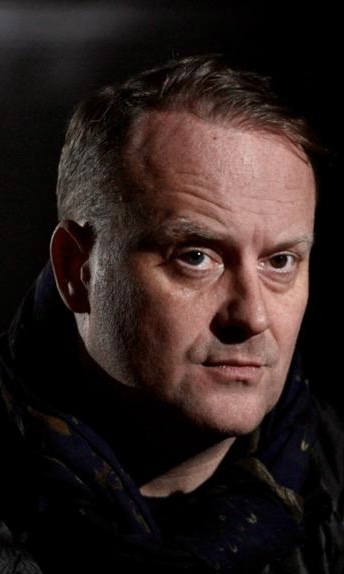
Quentin Sommerville is the BBC’s Middle East Correspondent. He has recently been reporting from Eastern Ukraine on the sharpest reality of war, as lived by soldiers and civilians.
His shortlisted pieces are:
Posted on May 10, 2023 by Eric Blair -

Isobel Cockerell is a multimedia investigative journalist. Since October 2018 she has been a reporter for Coda Story, covering disinformation, the war on science and authoritarian technology. She has written and worked as a radio reporter and video journalist covering politics, migration, LGBTQ issues, environmental affairs and culture for platforms such as WIRED, The Daily Beast, the Huffington Post, USA Today, Rappler and Eurasianet. She is the founder and producer of Coda LIVE, a new-format live journalism show bringing stories from all over the world to the stage.
Her shortlisted pieces are:
Posted on May 10, 2023 by Eric Blair -

The BBC’s Yogita Limaye along with Imogen Anderson, Sanjay Ganguly and Malik Mudassir Hassan have been unflinching in their commitment to telling the stories of Afghanistan. Operating in a hostile environment for the press, they continue to put a spotlight on Afghanistan’s deteriorating humanitarian situation and the increasing clampdown on women’s freedoms. They have held the Taliban to account on a number of occasions. Their reports also question the accountability of foreign governments, baring the severity of the impact of international sanctions and the freezing of foreign funds, but also covering the plight of those who helped western governments and have been left behind.
Their shortlisted pieces are:
Posted on May 10, 2023 by Eric Blair -

Madeleine Schwartz is a journalist, founder and editor-in-chief of The Dial, a new magazine of international writing. Her work has appeared in The New Yorker, The New York Times, The London Review of Books, The Guardian, and The New York Review of Books, where she worked as an editor for several years. Her reporting has been featured on NPR and France 24, and she is a regular commentator on the BBC.
Her shortlisted pieces are:
Posted on May 10, 2023 by Eric Blair -
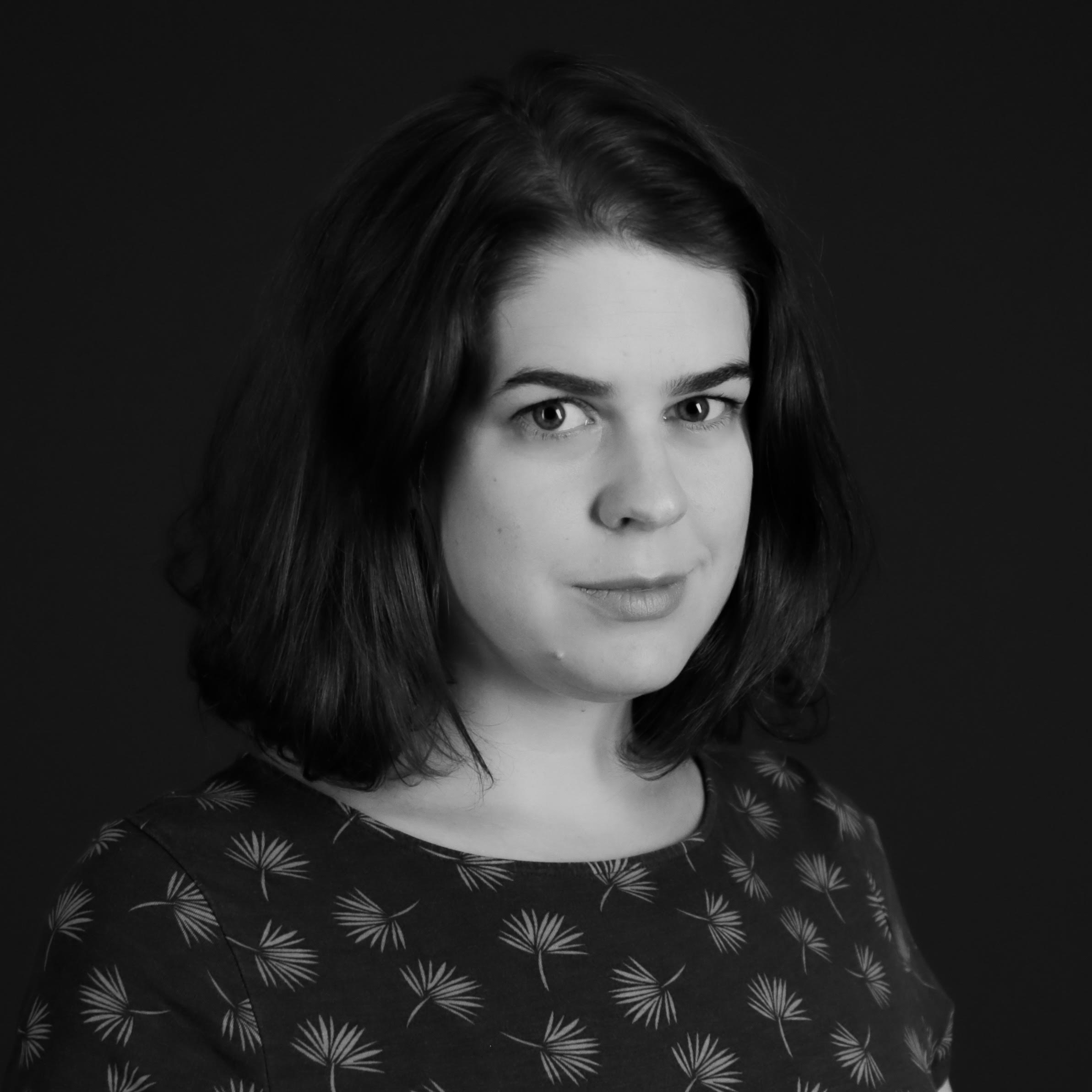
Helen Lewis is a staff writer at The Atlantic, a former deputy editor of the New Statesman, and the author of Difficult Women: A History of Feminism in 11 Fights. She has written for the Guardian, Sunday Times, and New York Times among other publications. Since 2019, she has been on the steering committee for the Reuters Institute for Journalism at Oxford University.
Her shortlisted pieces are:
Posted on May 10, 2023 by Eric Blair -

Wendell Steavenson is a writer and journalist. She has written for The Guardian, the Financial Times, Granta, and The New Yorker, among other publications, and is the author of three nonfiction books and two novels. Over the past year, she has been reporting from Ukraine for 1843 magazine. She was a Neiman Fellow in 2014 and a Guggenheim Fellow in 2021. Her book Circling the Square was shortlisted for the Orwell Prize for Books in 2016.
Her shortlisted pieces are:
Posted on May 10, 2023 by Eric Blair -

Sean Morrison is a reporter for the Bristol Cable, specialising in social issues and investigations. The publication of After the Fall concluded a year of original reporting on issues facing council tenants in one of Bristol’s tower blocks, set in the context of a city struggling with an overwhelmed social housing system, for the Bristol Cable’s Life in Lansdowne series.
His shortlisted pieces are:
Posted on May 10, 2023 by Eric Blair -
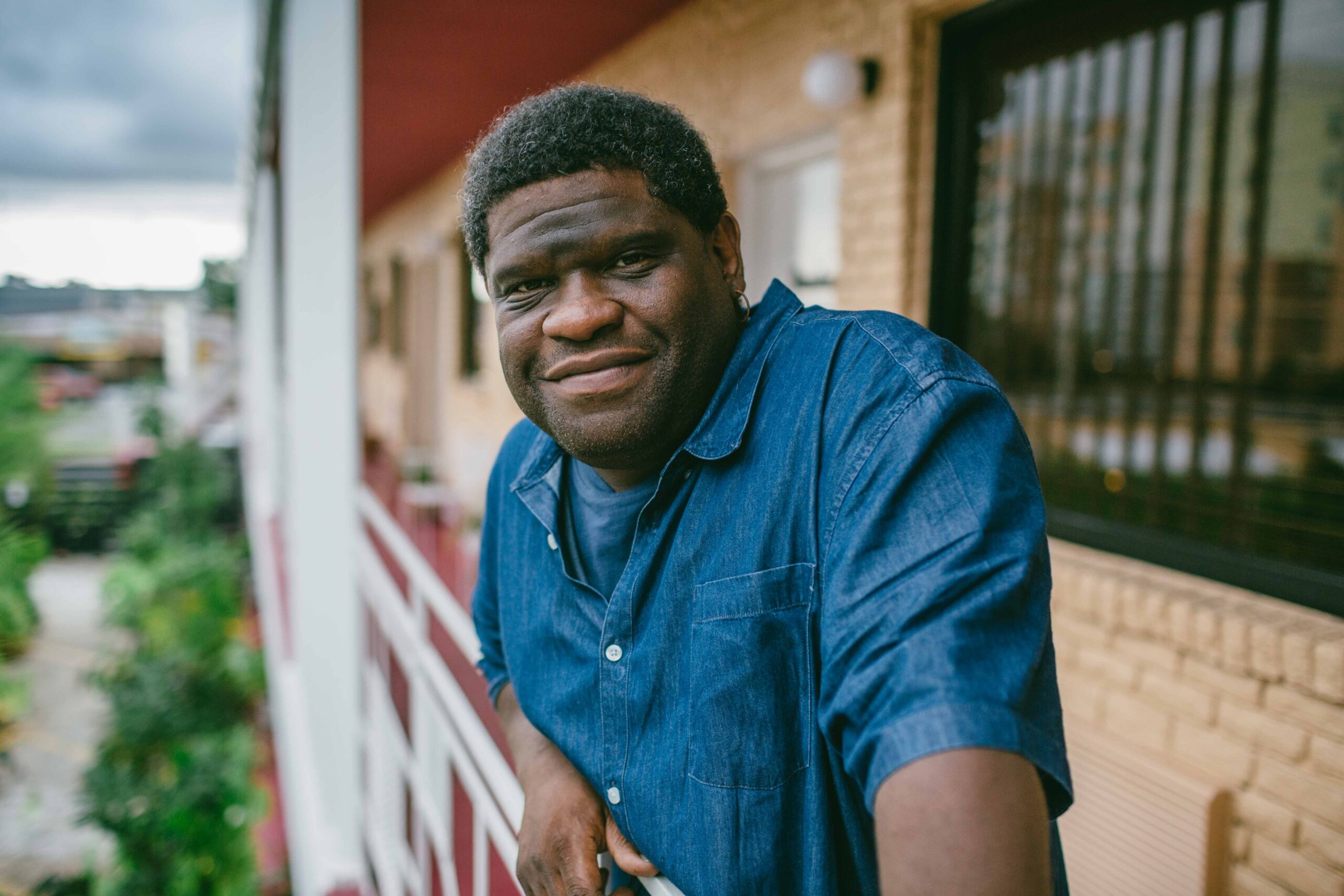
Gary Younge is an award-winning author, broadcaster and a professor of sociology at the University of Manchester in England. Formerly a columnist at The Guardian he is an editorial board member of the Nation magazine and the Alfred Knobler Fellow for Type Media. His book Another Day in the Death of America was shortlisted for the Orwell Prize for Books in 2018 and in 2021 he was also shortlisted for the Orwell Prize for Journalism for bringing ‘the eloquence of an expert journalist and the depth of an academic’ to his reporting on the role of racism and inequality in the pandemic.
His shortlisted pieces are:

















